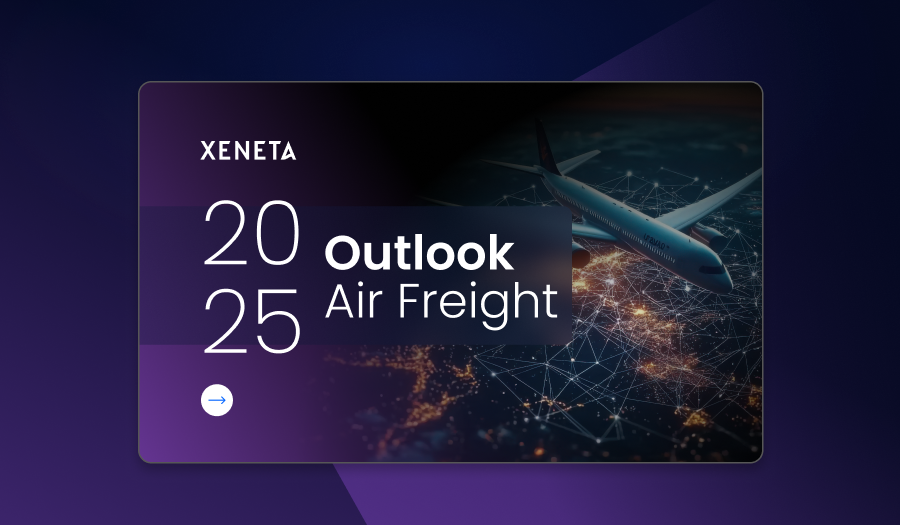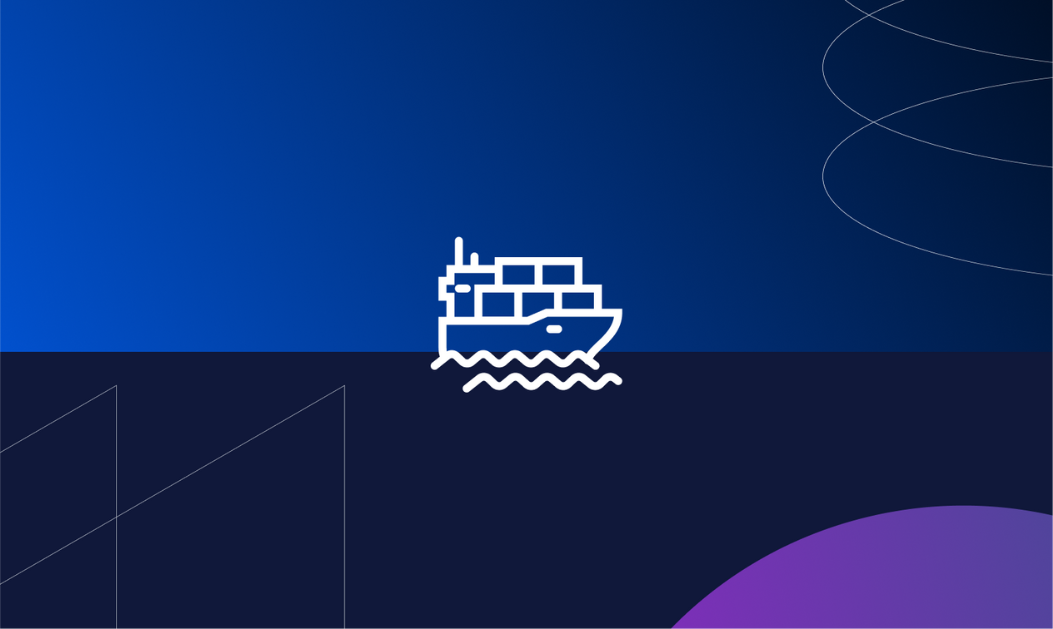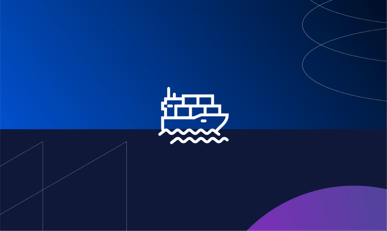Oslo, Norway, 14 December 2023
Missile and drone attacks by Houthi militia on merchant ships passing through the Red Sea and Gulf of Aden could trigger a global supply chain crisis, according to industry analysts.
The latest attack came yesterday, Thursday, when a missile was fired at the ‘Maersk Gibraltar’ vessel while en route from Salalah in Oman to Jeddah in Saudi Arabia. The missile did not strike the ship.
This follows a string of attacks including missile strikes on a Norwegian flagged vessel in the Bab el-Mandeb Strait and a container ship operating between Asia and the Mediterranean. On Tuesday, a vessel operated by shipping company Ardmore came under missile attack in the Red Sea.
Peter Sand, Chief Analyst at Xeneta, the leading ocean freight shipping data and intelligence platform, believes the situation could have serious consequences for global supply chains.
He said: “All ships transiting the Suez Canal must sail through the Red Sea and Gulf of Aden and the Houthi militia has made clear that any vessel is a target.
“I do not believe the Suez Canal will close, however, if there are further significant escalations then we cannot rule it out, even if it is just for a few days.
“We saw back in 2021 during the Ever Given incident the severe consequences of a closure of the Suez Canal. Supply chains were plunged into chaos and it took months to restore order.
“The ocean freight industry has been deeply scarred by Ever Given and is frankly terrified of any situation which threatens the closure of the Suez Canal.”
More than 50 vessels transit the Suez Canal every day, carrying billions of dollars of goods to North Europe, Mediterranean and North America East Coast.
Houthi militia in Yemen, which has stated sympathies with Hamas and according to the US Government are being armed by Iran, has claimed the missile and drone attacks on merchant ships are in response to the conflict in Gaza.
With ongoing restrictions in the Panama Canal due to drought, the latest situation in Suez could not come at a worse time for the ocean shipping industry.
Sand said: “We are already seeing ocean freight liner operators and owners choosing to reroute vessels away from the Red Sea and Gulf of Aden region. Due to the importance of the Suez Canal to global supply chains, even a small disruption can have big consequences.
“The main alternative is to sail around the Cape of Good Hope, which adds up to 10 days sailing time for services from Asia to North Europe and East Mediterranean.
“We may also see the cost of moving freight by ocean increase dramatically. Depending on the scale and duration of any disruption at the Suez Canal, we could see ocean freight shipping rates increase by anything up to 100%.”
About Xeneta
Xeneta is the leading ocean and air freight rate benchmarking and market intelligence platform transforming the shipping and logistics industry. Xeneta’s powerful reporting and analytics platform provides liner-shipping stakeholders the data they need to understand current and historical market behavior – reporting live on market average and low/high movements for both short and long-term contracts. Xeneta’s data is comprised of over 500 million contracted container and air freight rates and covers over 170,000 global ocean trade routes and over 60,000 airport-airport connections. Xeneta is a privately held company with headquarters in Oslo, Norway and regional offices in New York and Hamburg.
To learn more, please visit www.xeneta.com.




